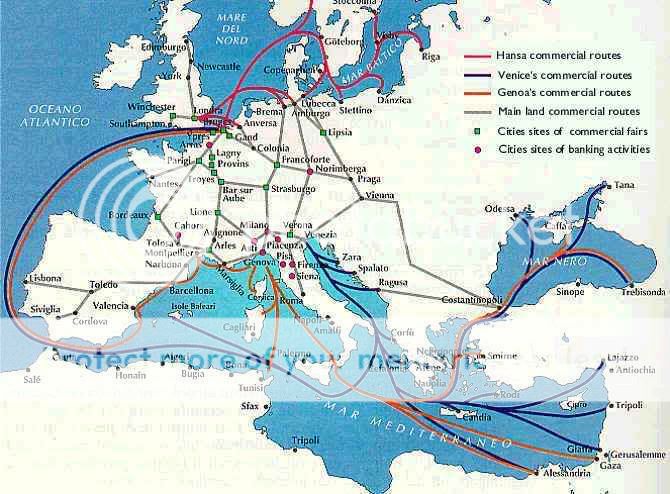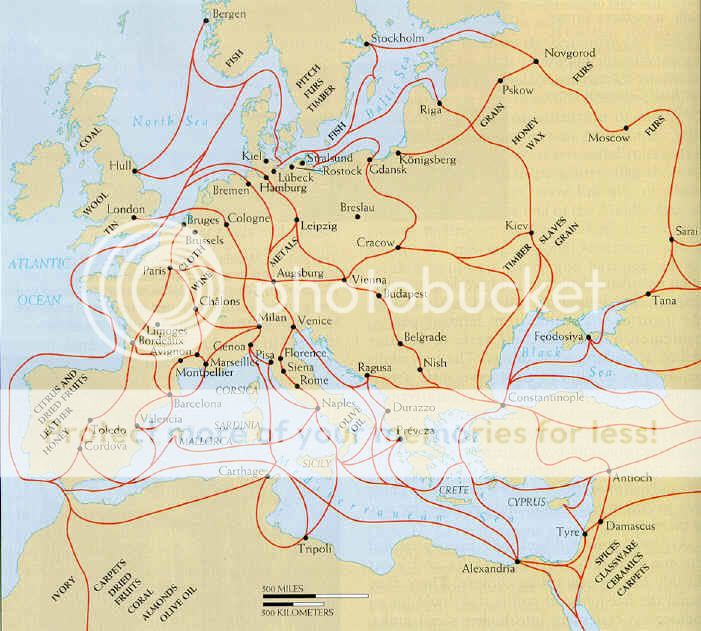Can someone tell me how the game figures out the trade routes and what is traded where for how much? I'm not talking about merchants, I'm talking about the basic "connections" over sea and land that you see all those ox carts and ships automatically moving around the map on. It seems like there's some sort of interesting mechanism behind it, and I'm curious if anyone has figured out how it all works...



 Reply With Quote
Reply With Quote
























Bookmarks